Excerpts from The Canción Cannibal Cabaret, a performance work |
Archives
July 2024
Categories
All
|
Donate and Make Literature Happen
is published by the Somos En Escrito Literary Foundation,
a 501 (c) (3) non-profit, tax-exempt corporation. EIN 81-3162209


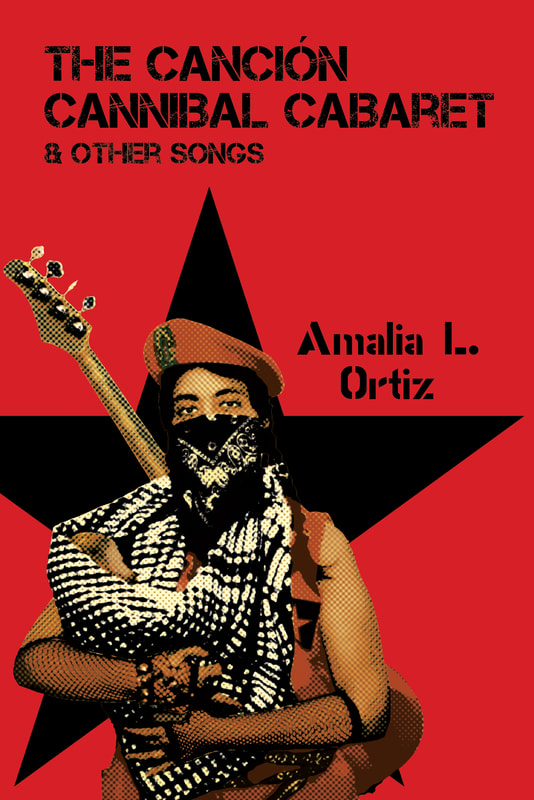
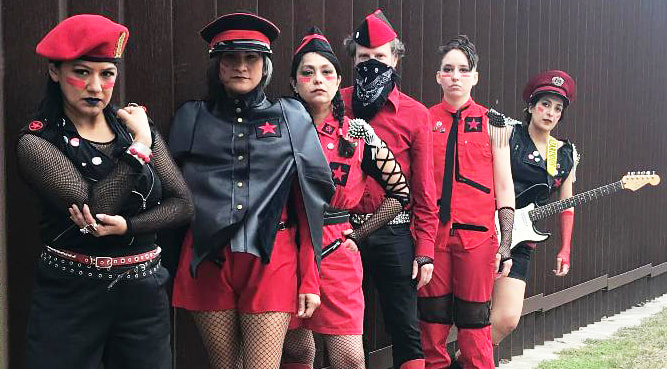
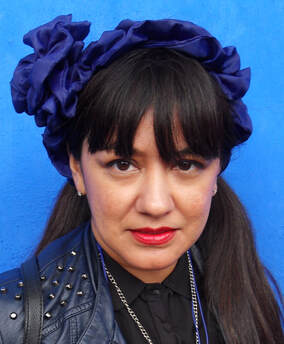
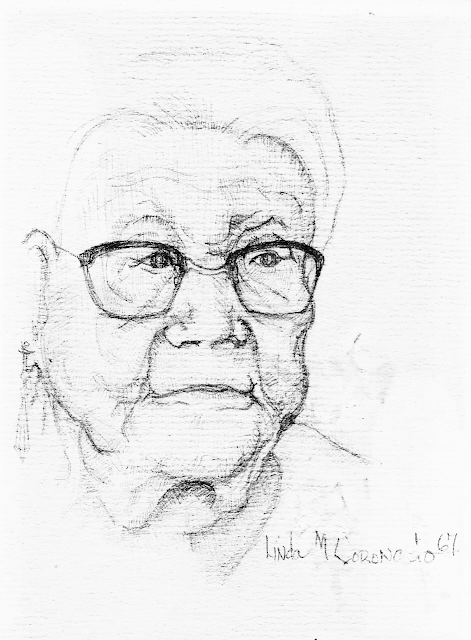
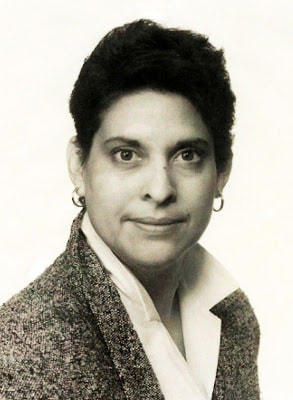
 RSS Feed
RSS Feed